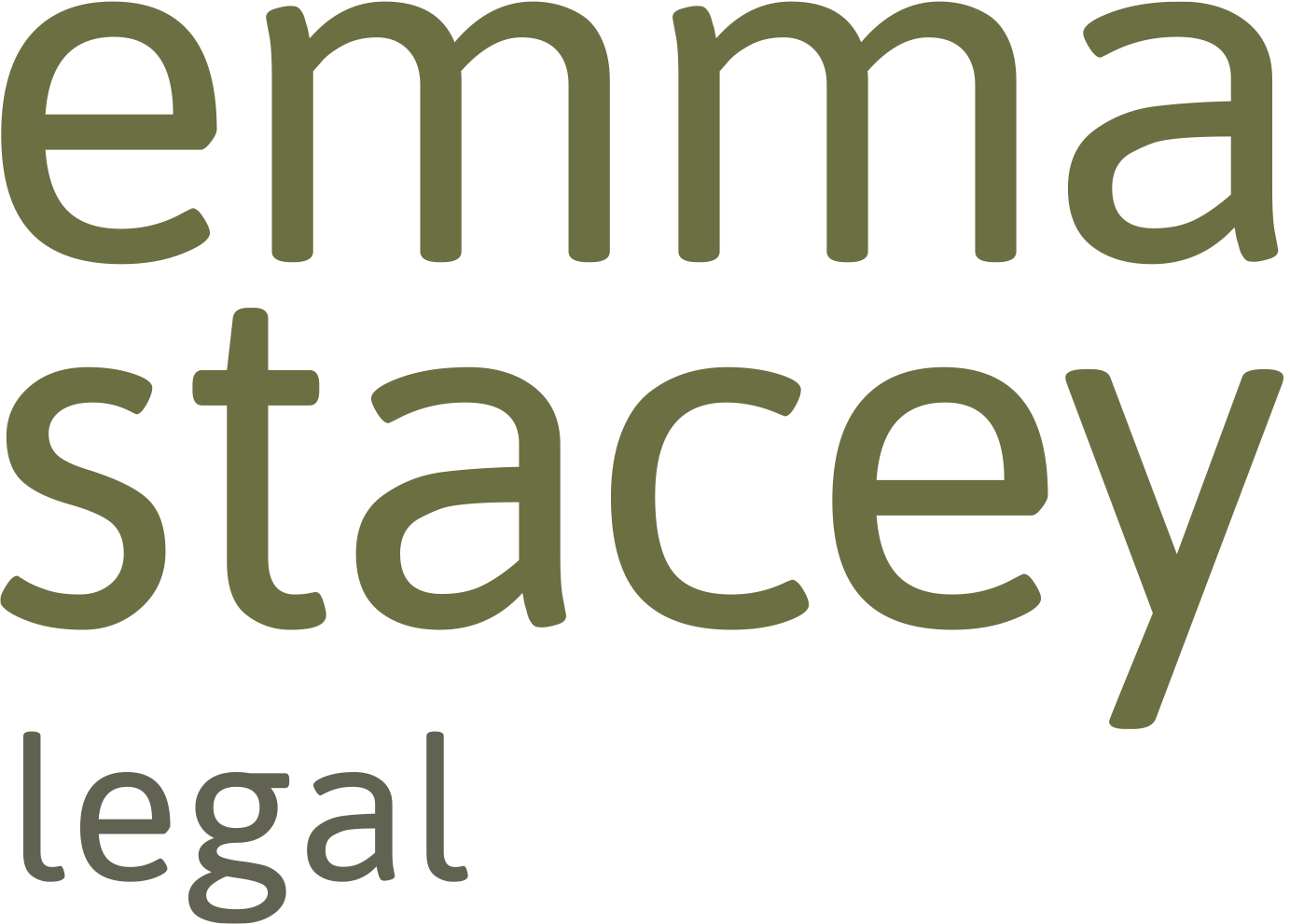Court of Protection
For people assessed to have lost the mental capacity to make decisions on matters such as their finances or health, the Court of Protection performs a vital function. It can give a nominated person the authority to make day-to-day choices or a one-off bigger decision on their behalf. Our work covers the following three key areas.
Property and Financial Affairs
In all matters relating to personal finances and property, Emma has long experience in helping individuals and their families understand and painlessly navigate the application processes for power of attorney.
Emma can help you to put in place a power of attorney – a legal document that enables a person of your choice to manage your property and financial affairs should you lose the ability to make such decisions yourself in the future.
If you have a family member or close friend that has already been assessed as lacking the mental capacity to make decisions for themselves, then an application will need to be made to the Court of Protection to appoint a deputy to make day-to-day decisions on the individual’s behalf. Where there is no friend or family member, a professional of your choice may be appointed by the court to act as deputy.
Health and Welfare
Throughout our lives, we all make big decisions, whether to move to a new home, have medical treatment, start new relationships or make a will. Health and welfare choices are a major concern for those who anticipate that they may lose, or now lack, mental capacity. To ensure such decisions are made in the individual’s best interest, our team will guide you through the various applications for health and welfare.
When it comes to making such decisions on behalf of individuals that lack capacity, family and professionals often struggle because the choice is too difficult, or they disagree. Sometimes, the nature of health and welfare decisions means that the best way forward for a person lacking capacity is for a judge to decide after considering all the circumstances.
Contact us if you’d like us to discuss how we can help you. Legal aid may be available for applications asking a judge to decide.
Deprivation of Liberty
For people who lack the mental capacity to make decisions about where they live to receive care or treatment, the law provides safeguards to prevent them from being deprived of their liberty in a care home or hospital against their wishes and unlawfully. Our team supports individuals and families in their right to appeal.
We provide the following types of support:
Specialist advice in this complex and ever-changing field of law
Practical assistance in sourcing appropriate care and treatment
Negotiations with local authorities and health trusts
Representation in appeals to the Court of Protection
Contact us if you’d like to discuss how we can help you. Legal Aid is available for people subject to an authorisation.
“Because of Emma, my mother lived her last days as she had lived most of the rest of her life, as a proud, independent and free woman”
Read the full story...
“My elderly mother was illegally detained under a deprivation of liberty order and then deemed to lack capacity, which meant that she was put in residential care and not allowed to return home – despite her vigorous and repeated wish not to stay in residential care. She considered herself to be a `prisoner’ and would constantly plead, `Get me out of here.’
Given the laws, the dictates of the county council, care home, doctors and health professionals, there was no way I could do anything to help my mother. This was the point at which Emma Stacey opened proceedings on my mother’s behalf and eventually, through hard work and forceful legal arguments, managed to force the county council and care home to release my mother into the family’s care.
My mother eventually died as she wished, at home, with dignity, surrounded by friends and family, in a caring environment, looked after by skilled professionals. For this, both my mother, myself and the whole family owe Emma Stacey a debt of gratitude.
During this long and difficult process to `free’ my mother, Emma was caring, dutiful, hardworking, a source of invaluable advice and, most importantly, always put the interests of my mother first. I witnessed first hand in court and at best of interest meetings how she stood up to the authorities and revealed their inconsistencies and legal missteps.
Without Emma none of this could have been achieved. Because of Emma, my mother lived her last days as she had lived most of the rest of her life, as a proud, independent and free woman.I cannot speak more highly of the service Emma provided. Thank you.”
PRIVATE CLIENT
